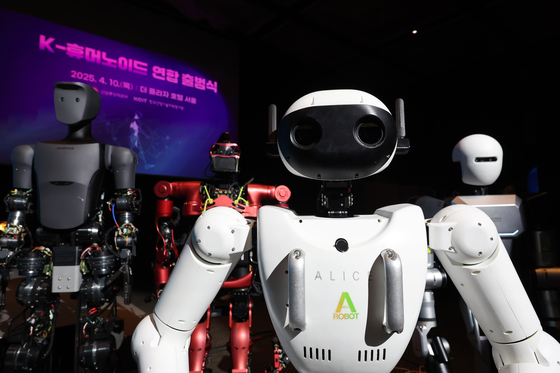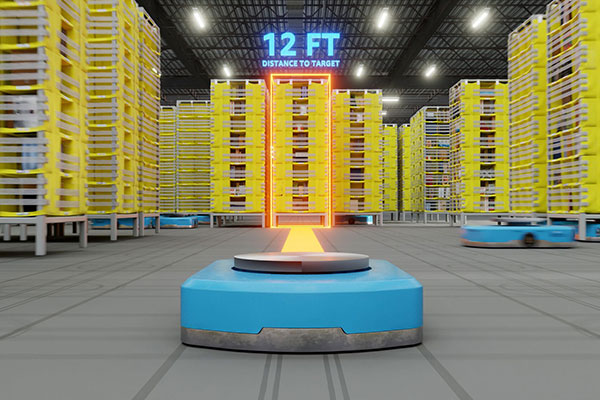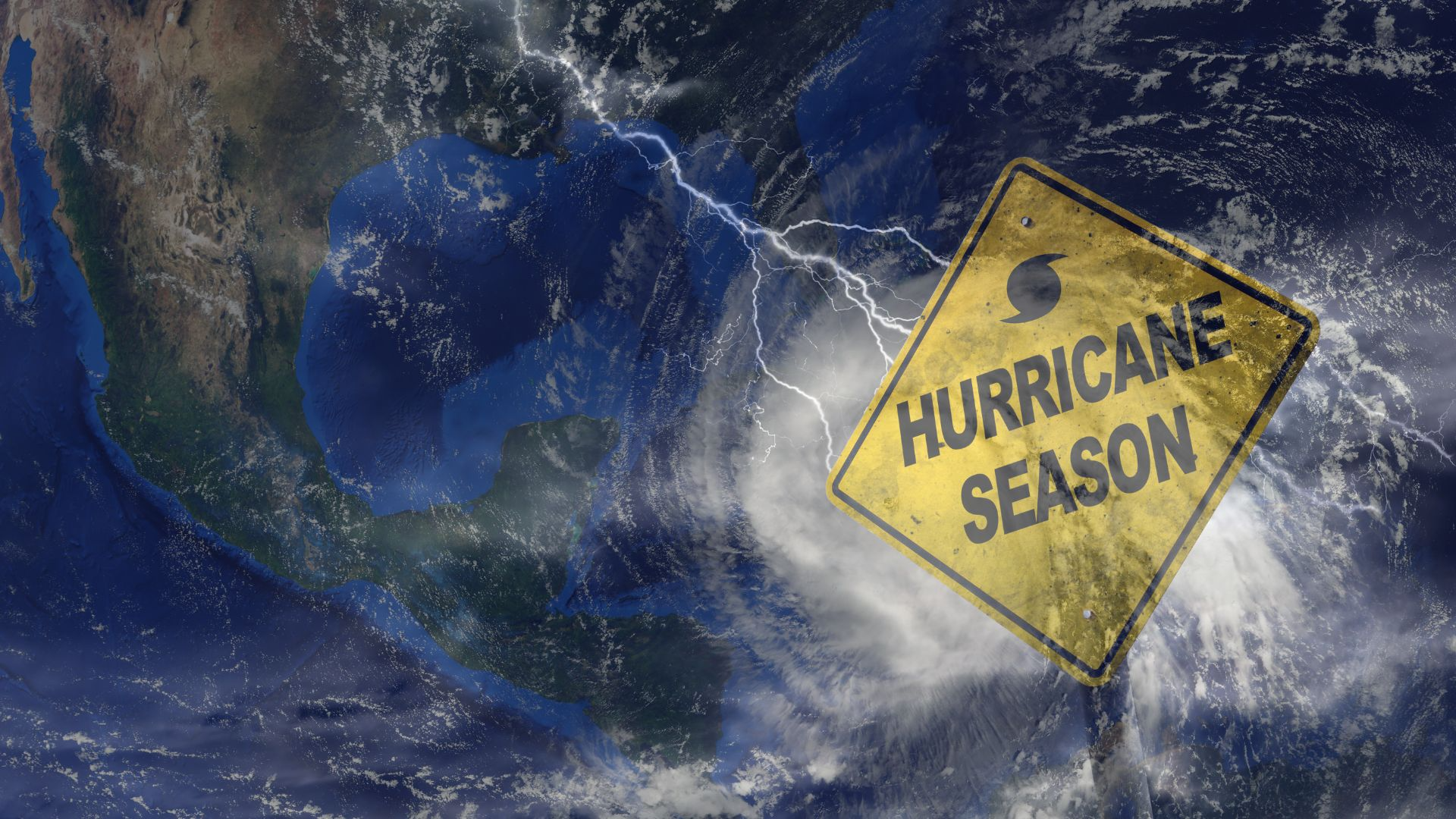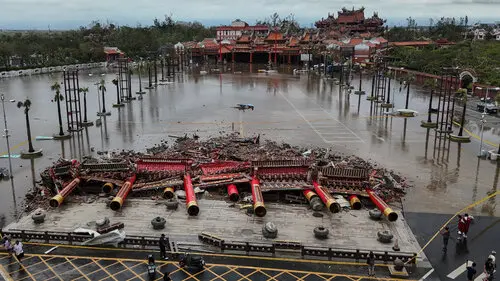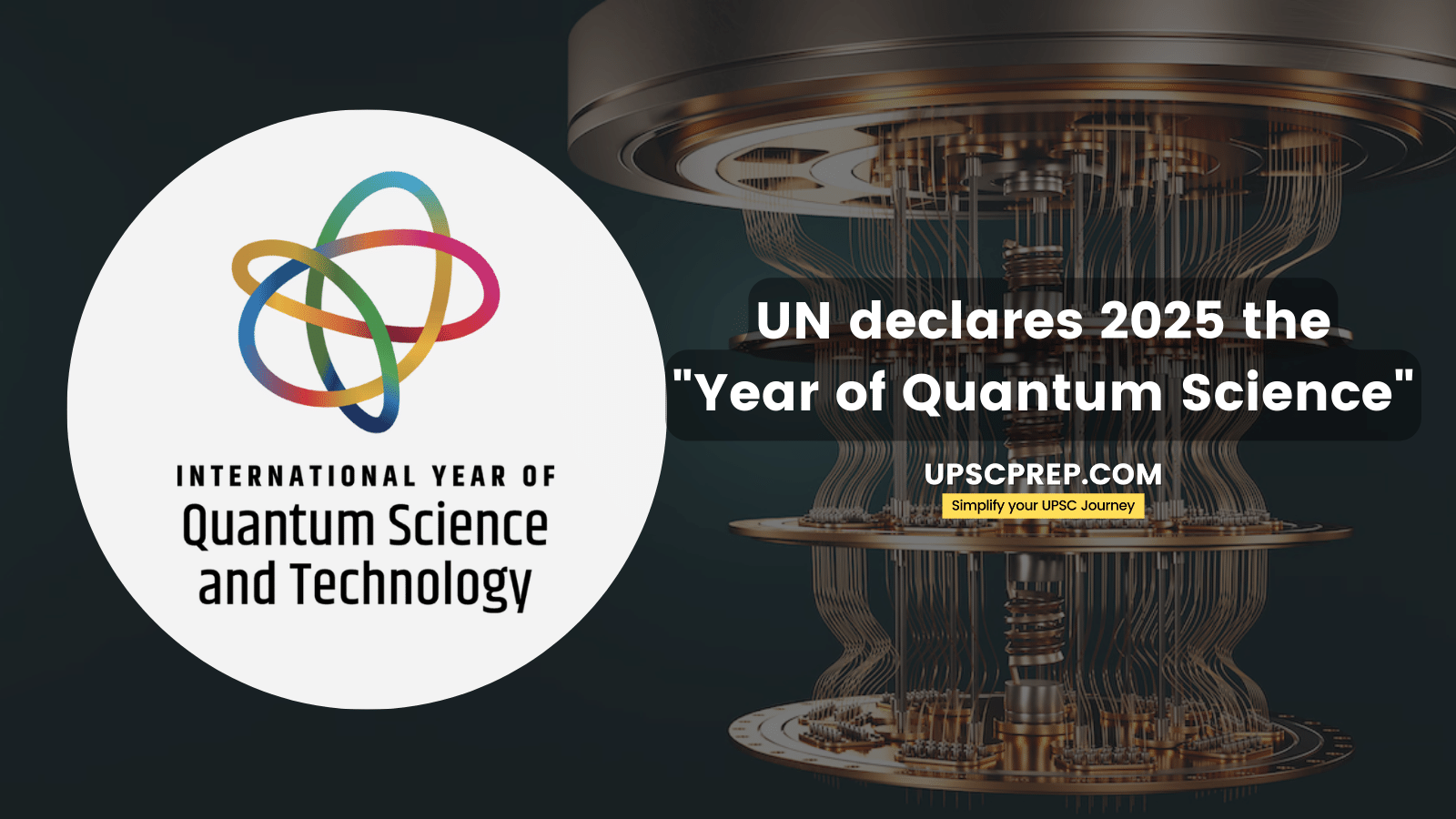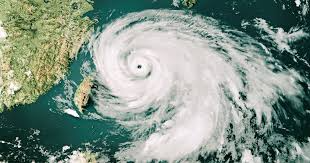
AI Weather Model “Aurora” Outperforms Traditional Forecasting Systems, Redefining Global Meteorology
In a landmark achievement for climate technology, the artificial intelligence based weather prediction system “Aurora” has officially surpassed the performance of traditional forecasting models across multiple metrics, according to a global assessment released this week by leading meteorological institutions. Developed collaboratively by international researchers from Europe, Asia, and the United States, Aurora represents a new generation of AI powered forecasting tools that are faster, more precise, and better suited to predicting extreme weather events.
The breakthrough comes after a six month global trial in which Aurora was tested against established numerical weather prediction systems such as the European Centre for Medium Range Weather Forecasts (ECMWF) and the Global Forecast System (GFS) run by the United States. In side by side comparisons, Aurora consistently delivered more accurate predictions for storm paths, rainfall intensity, heatwaves, and cold snaps sometimes with lead times of up to 48 hours earlier than existing models.
Powered by deep learning and self correcting neural networks, Aurora processes terabytes of satellite data, ground observations, radar imagery, and oceanographic inputs in minutes rather than hours. It can produce global forecasts at high resolution up to 10 days ahead, making it not only a technical marvel but a potentially life saving tool in climate risk management.
“This is a seismic shift in how we understand and anticipate the atmosphere,” said Dr. Riya Bakshi, a climate systems analyst with India’s Meteorological Department, which participated in Aurora’s pilot deployment during the pre monsoon season. “Aurora not only predicted the cyclone track with near perfect precision but also identified flash flood risks in interior states 36 hours before they manifested.”
Aurora's performance was particularly noteworthy in handling chaotic, fast developing systems such as typhoons, polar vortex shifts, and unseasonal weather anomalies. During a recent Arctic blast in North America, Aurora predicted the jet stream deviation nearly three days ahead of traditional warnings. Similarly, during this summer’s extreme heatwave in southern Europe, Aurora forecasted the extent and duration of the heat dome more precisely than its numerical counterparts.
One of Aurora's key strengths lies in its ability to learn continuously from evolving data, meaning it gets more accurate over time. Unlike static models that require manual adjustments based on updated observations, Aurora recalibrates itself dynamically, improving performance with each weather cycle.
Aurora also reduces the computational and energy burden of traditional models. Whereas legacy forecasting systems require massive supercomputers and can take hours to generate detailed output, Aurora completes its runs using optimized AI processors in a fraction of the time making it a more sustainable and scalable solution for developing countries and regional forecasting centers.
The technology was developed by an international consortium involving DeepSky AI Lab, the UK Met Office, Japan’s RIKEN Center for Computational Science, and climate data providers from across the Global South. Open source components of Aurora are now being shared with national meteorological services in Southeast Asia, sub Saharan Africa, and Latin America to bolster local climate resilience efforts.
Despite its strengths, Aurora is not without challenges. Critics caution that AI driven forecasts must be transparent and auditable, particularly when used in high risk decision making like evacuations or agricultural planning. To that end, developers have embedded explainability protocols into the system, enabling users to trace how and why specific forecast outcomes were generated.
International organizations, including the World Meteorological Organization (WMO) and the UN Environment Programme, have praised Aurora’s emergence as a potential global public good. WMO is currently exploring partnerships to integrate Aurora into its early warning networks for extreme weather and disaster risk reduction.
“Aurora is not just a forecasting tool it’s a paradigm shift,” said Dr. James Ndlovu, head of AI Applications at the South African Weather Service. “It brings forecasting into the real time, high precision era. For countries vulnerable to climate shocks, this could be transformative.”
As the climate crisis intensifies and the demand for fast, hyperlocal, and accurate forecasts grows, Aurora’s success marks a turning point. With broader rollout planned over the next year, the AI model is poised to become a central fixture in global weather prediction, offering a glimpse of what’s possible when advanced artificial intelligence meets the planet’s most pressing environmental challenges.
Related Post
Popular News
Subscribe To Our Newsletter
No spam, notifications only about new products, updates.


